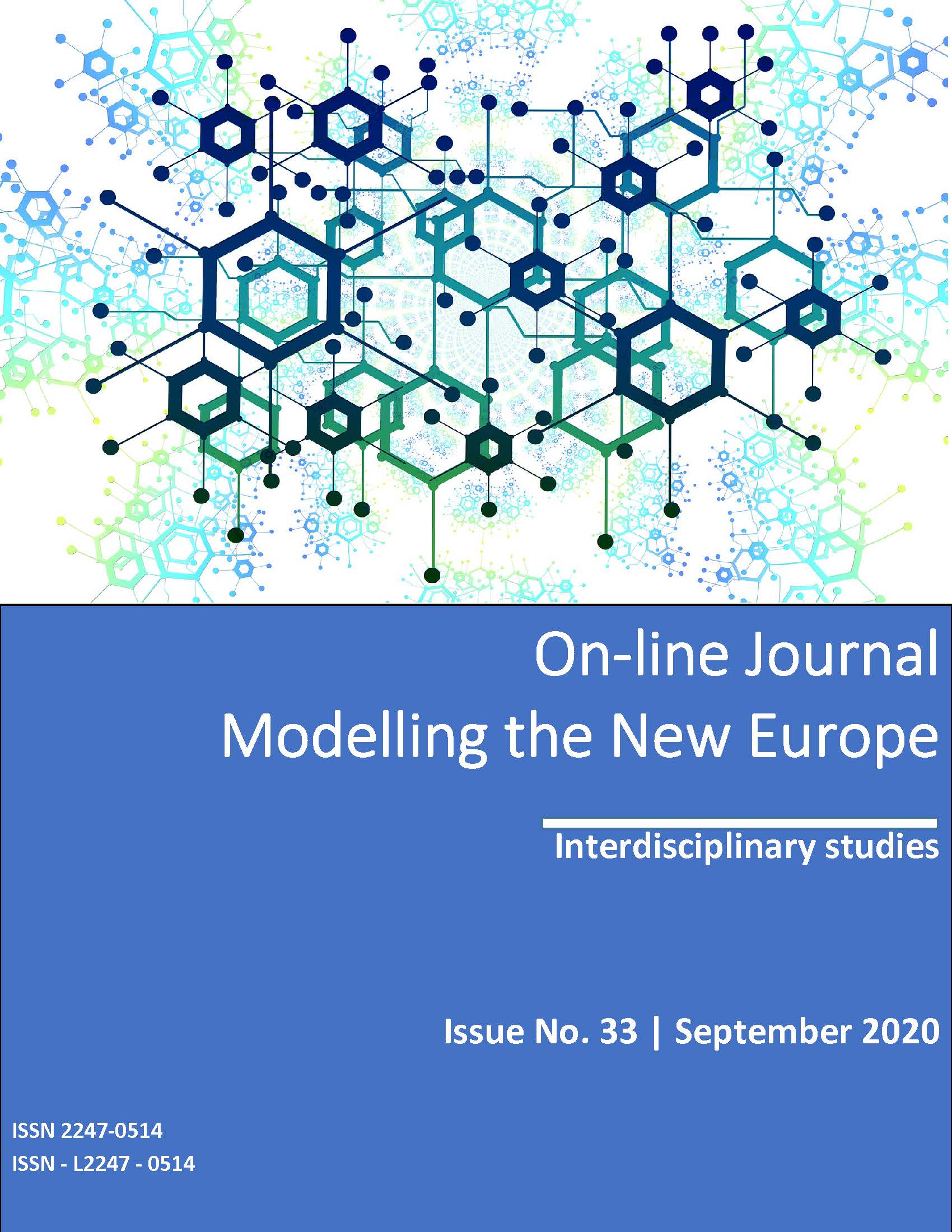DECENTRALIZATION AND EXPECTED TIME IN OFFICE. THE EFFECT OF DECENTRALIZATION ON CABINET DURABILITY
DECENTRALIZATION AND EXPECTED TIME IN OFFICE. THE EFFECT OF DECENTRALIZATION ON CABINET DURABILITY
Author(s): Adrian Bodea, José Manuel SÁNCHEZ SANTOSSubject(s): Politics / Political Sciences, Political Sciences, Governance
Published by: Facultatea de Studii Europene -Universitatea Babeş-Bolyai
Keywords: Decentralization; Cabinet Durability; European Union;
Summary/Abstract: The objective of this study is to analyze the role played by both fiscal and political decentralization as determinants of the expected time in office, understood as the latent (unobservable) durability of the cabinets. Using data for all the EU member states for the period that spans from 2007 up to 2017 and employing two competing survival analysis models, namely Weibull (parametric) and Cox (semiparametric), the results show that, even after controlling for other relevant variables (such as majority in legislative, the number of parties in government, the range between the most distant positions in coalition, etc.), decentralization (either fiscal or political) seem to be insignificant over the expected time in office of the cabinets. To the best of our knowledge there is only one study that focused on testing this kind of relationships, but which only considered the case of regional parties with portfolio positions (thus losing sight of the very important “supply and confidence agreements”). The originality of this works stems from the fact that we are more inclusive and that we employ new data and new variables that are more appropriate for framework of European politics, dominated by the anti-EU and populist debates, since the Great Recession of 2008.
Journal: Online Journal Modelling the New Europe
- Issue Year: 2020
- Issue No: 33
- Page Range: 46-69
- Page Count: 23
- Language: English

